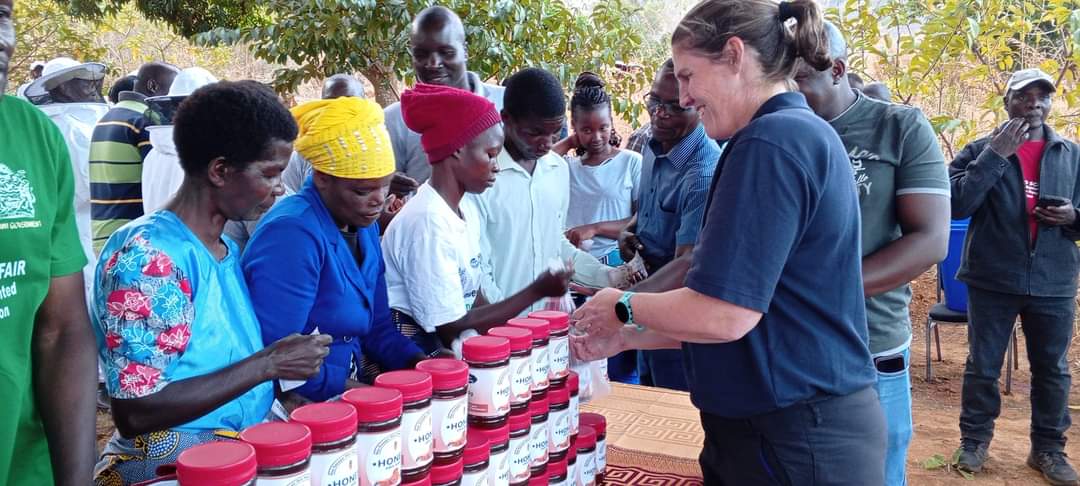World Bank Mission has expressed satisfaction with the community’s increased adoption of sustainable land use and improved watershed management in Machinga where the local authority facilitates community-level participation in environment-friendly activities under the Malawi Watershed Services Improvement Project (MWASIP).
The Mission toured some World Bank-funded interventions implemented under MWASIP at Lisanjala catchment and Mpoya Mdere Irrigation site in Traditional Authority Nkula in the district and observed positive impact.
After touring Lisanjala, Task Team Lead, Tesfaye Bekalu said it was impressive to see a positive impact in what local communities were doing through various initiatives in sustainable catchment management.
He said it was encouraging that participating community members adopted best practices in catchment management and benefited a lot from various activities under the MWASIP citing the reclamation of gullies, which was part of serious land degradation in Lisanjala area.
“It is impressive to see communities adopting best land management practices and improved watershed management. We have seen for ourselves that people have managed to reclaim gullies. This is not easy, I know how difficult it is to reclaim gullies of that nature,” said Bekalu.
He added that the team was also impressed to see the transformed livelihood of communities following their participation in MWASIPs cash-for-work activities while managing the natural resources which also provided opportunities for forest-based beekeeping for commercial honey processing.
“I am very pleased to see that communities are coming up with various initiatives within their localities while they are managing their natural resources and watersheds. I am impressed with what we have seen,” Bekalu added after extending the tour to Mpoya Mdere Irrigation scheme which is under construction.
The task Team Lead also advised communities to take advantage of the irrigation scheme and own it once it is complete, saying irrigation farming is the most reliable means for improving food security at the household level.
“This is a huge investment. Your colleagues somewhere do not have such structures, Make good use of the scheme so that you benefit more from it,” Bekalu advised communities around Mpoya Mdere Irrigation site.
One of the participants in MWASIP activities, Maxwell Lifa applauded the World Bank for supporting catchment management, saying apart from conserving the environment, the cash for work activities also improves household income among the participating community members who also engage in climate-smart agricultural activities.
“We used to harvest little due to the current effects of climate change. We can now harvest something enough for our families after gaining knowledge and skills such as manure making, checking dams, ridge alignment, and gully reclamation from MWASIP.
MWASIP has proved a significant positive impact on local communities in Malawi through various interventions aimed at enhancing sustainable land and water management.
The project is being implemented in six districts of Machinga, Balaka, Mangochi, Ntcheu, Neno and Blantyre with World Bank funding.




